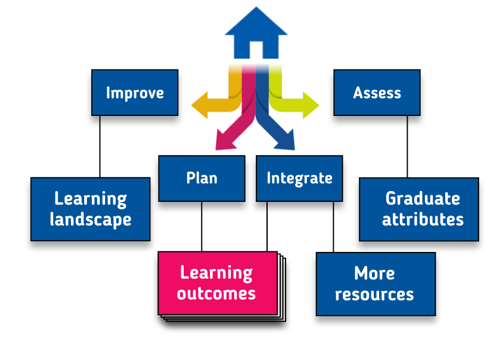
This Explorer was built to help you navigate the landscape of engineering ethics education. Choose a path depending on what you want to do: each path leads you through content such as learning outcomes, graduate attributes, and accreditation criteria, while also pointing you to supporting activities and resources linked to the content. Find your way using the map at top right or by navigating to the links in the menu bar.
Note: The Accreditation for Higher Education Programmes (AHEP) is a standard produced by the UK's Engineering Council to assess the competence and commitment of engineers and technicians. It is used by Higher Education institutions to achieve accreditation for their engineering programmes. Users outside the UK can refer to their national frameworks or other international competencies to map ethics learning accordingly.
Evaluate the environmental and societal impact of solutions to complex problems and minimise adverse impacts.
Identify and analyse ethical concerns and make reasoned ethical choices informed by professional codes of conduct.
Recognise the responsibilities, benefits, and importance of supporting equality, diversity and inclusion.
Modules, Projects, Placement Preparation. Ethical Analysis can best be applied in the context of engineering problems and projects. It can help students engage in skills and mindsets required of a professional engineer.
Practicing Ethical Analysis:
Engaging in a process through which ethical issues are defined, affected parties and consequences are identified, so that relevant moral principles can be applied to a situation in order to determine possible courses of action.